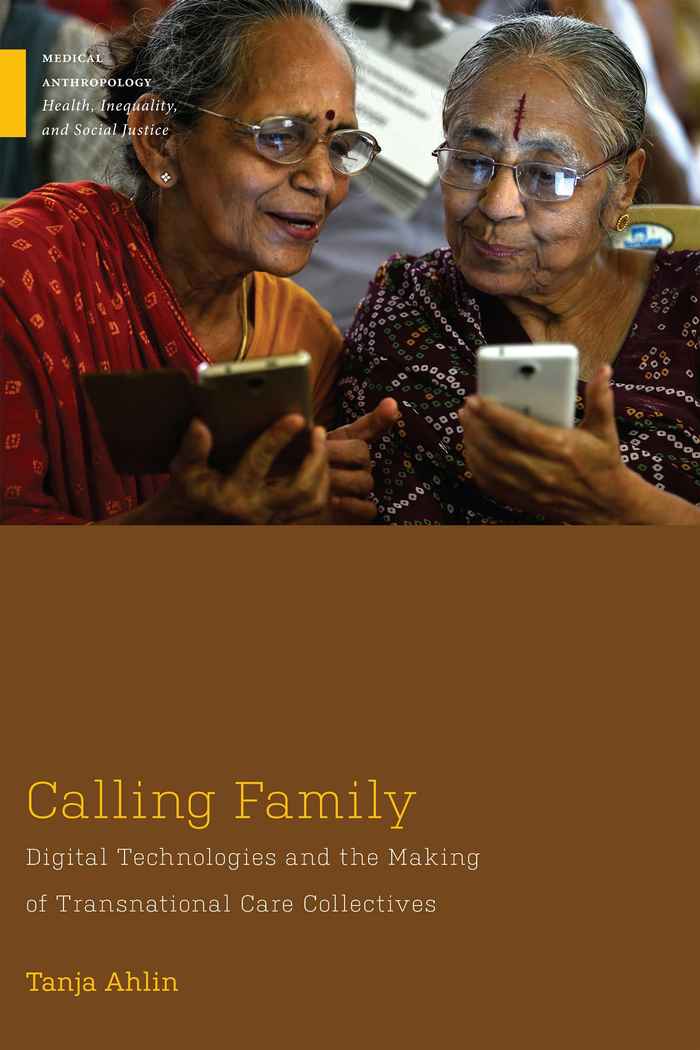Book Launch & GDC End of Semester Borrel
- Date
- 2 July 2024
- Time
- 18:00 -21:00

Dear colleagues,
On 2 July 2024, you are warmly invited to join the book launch of Calling Family: Digital Technologies and the Making of Transnational Families (Rutgers University Press, 2023) by Dr. Tanja Ahlin. This will take place at Terre Lente (Westerstraat 55, 1015 LV Amsterdam), a cosy Italian delicatessen in the centre of Amsterdam; Calabrian-style drinks and snacks will be provided.
This event will also serve as an end-of-semester borrel, with all colleagues from the UvA and GDC community welcome!
Programme
18.00 - 18.30 - door open
18.30 - Welcome by Dr. Roanne van Voorst (chair)
18.30 - 19.00h Speakers Dr. Tanja Ahlin (Anthropology, UvA), Prof. Lenore Manderson (RUP editor; Public Health and Medical Anthropology, University of Witwatersrand, Prof. Jeannette Pols (Anthropology, UvA), Prof. Koen Leurs (Media and Culture, Utrecht University)
19.00 - 19.15 Q&A from the audience
Followed by drinks, pasta and socialising.
We look forward to seeing you there!
Team GDC
About Calling Family: Digital Technologies and the Making of Transnational Families
How do digital technologies shape both how people care for each other and, through that, who they are? With technological innovation is on the rise and increasing migration introducing vast distances between family members--a situation additionally complicated by the COVID-19 pandemic and the requirements of physical distancing, especially for the most vulnerable – older adults--this is a pertinent question. Through the notion of transnational care collectives, Calling Family uncovers the subtle workings of digital technologies on care across countries and continents when being physically together is not feasible. Through ethnographic fieldwork among families of migrating nurses from Kerala, India, Tanja Ahlin explores how digital technologies shape elder care when adult children and their aging parents live far apart. Coming from a country in which appropriate elder care is closely associated with co-residence, these families tinker with smartphones and social media to establish how care at a distance can and should be done to be considered good. Calling Family provides a better understanding of technological relationality that can only be expected to further intensify in the future.